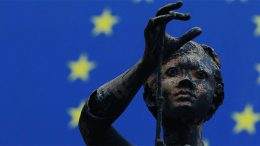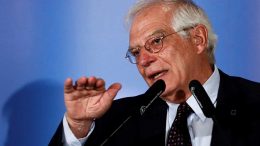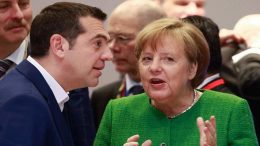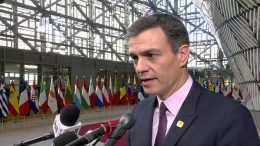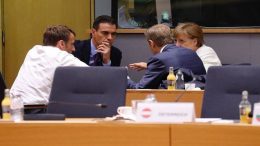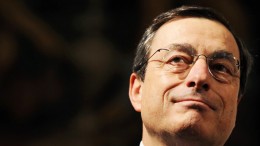What should be the priorities for the EU incoming administration?
Neil Dwane (Allianz) | As Europe faces a world that may soon encompass Brexit and widening trade tension between the EU, the US and China – as well as growing political strains centred around Iran, Russia, Ukraine, NATO, Nordstream II and climate change, the next EU President faces an even more complex yet pressing array of challenges.

